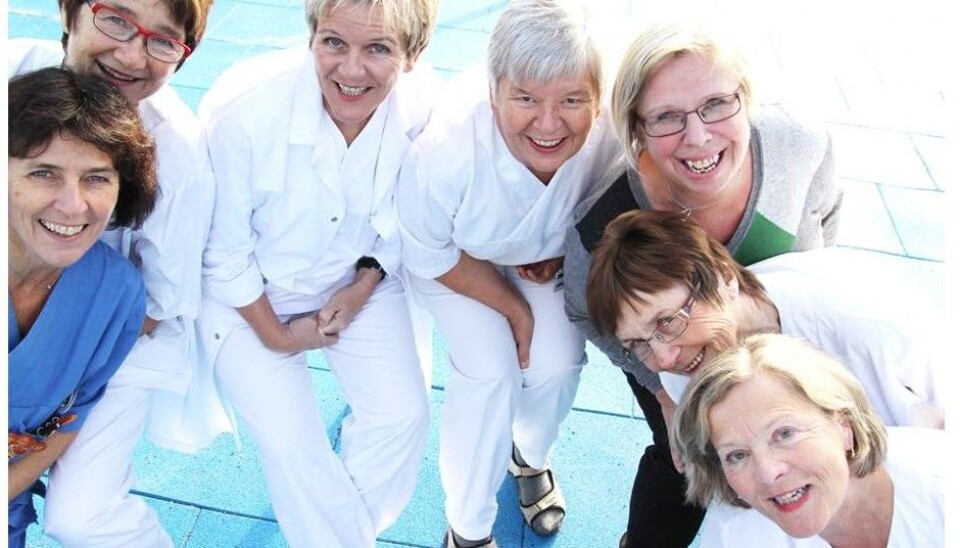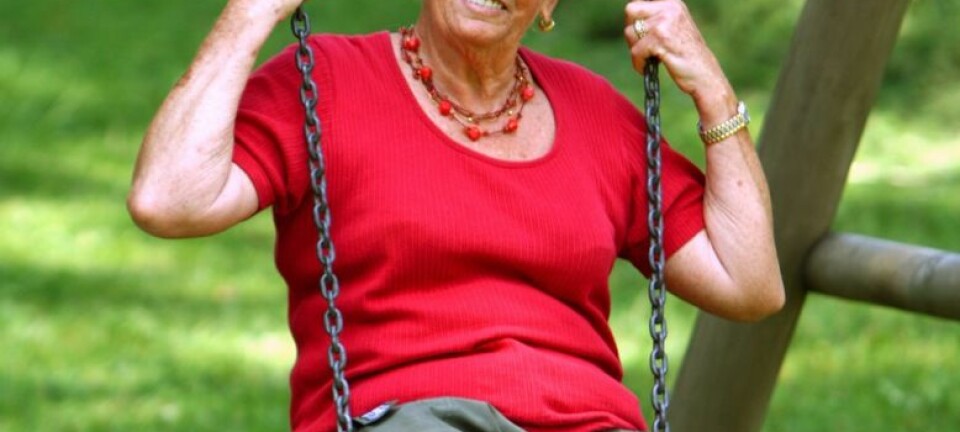
Keeping older workers in the workforce
Employers should take advantage of the expertise that older workers offer, not push them out the door to retirement.
The Western world is ageing, and a greater percentage of the population than ever before has reached or is approaching retirement. But many of these societies, including Norway, are realizing they need older workers to stay in the workforce, in part to contribute to the taxes that finance social security schemes.
This recognition is helping to change attitudes towards older workers — now it is seen as important to hold on to them. There’s even a catch phrase—senior expertise— to describe the skills they have to offer.
“It could be easy for this to become a cliché,” says Anne Inga Hilsen, a researcher at Fafo, an independent research foundation based in Oslo. Hilsen has conducted an extensive series of interviews to figure out exactly what senior expertise really means.
"The clinical gaze"
A quarter of the 10,000 employees at St Olavs Hospital in Trondheim are 55 years old and older.
The hospital has taken this age transition seriously as it evaluates its policies towards senior workers. Now, the hospital has taken steps to keep seniors in the workforce even after they could retire.
Hilsen conducted group interviews with roughly 400 employees from all sectors of the health care institution. She also conducted a number of in-depth interviews with some of these employees in her quest to understand what distinguishes “senior” expertise from other kinds of expertise.
“Everyone says it's about life experience. I've been eager to get beyond this categorization, and have tried to get these older workers to specify what they are better at than their younger colleagues. And what they are worse at, too,” Hilsen said.
From physicians to janitors
Hilsen has interviewed individuals from every profession at the hospital, from janitors to physicians.
“Everyone could give me examples of what age and experience provided them,” she said.
One of the concepts that nurses described was called “the clinical gaze,” which describes a situation where an experienced health care professional can see symptoms in a larger context, and relate those symptoms to each other.
One of the senior employees said:
“There are a number of advantages to being able to walk into situations, and quite complex situations, without needing a great deal of preparation, because we have experience to rely on. And we are not ... so easily thrown for a loop. (....) And that’s why this kind of expertise may be a little difficult to describe. It’s pretty hard to teach. But in the best of circumstances it comes with age, with age and experience.”
Many of the individuals that Hilsen interviewed said they had never thought about the issues she raised regarding the benefits of age and experience in the workplace. But when asked, they began to describe what they saw as the benefits.
“No matter which of the professions you talk to, you will find new examples of how age and experience may give workers expertise,” she said, with an emphasis on the word “may”.
“You don’t necessarily become wise just because you are old,” she added.
Mentoring important
Hilsen believes that more employers need to recognize that older employees are not just worn out and only thinking about retirement. Some are, of course. But many of these workers are a resource that the workplace needs.
“If their expertise is seen as valuable, it should be put to work in mentoring and sponsorship schemes. Employers should consider age structure when they put together a team,” she said.
Losses from downsizing
St. Olavs Hospital went through major efficiency measures in 2006 and 2007, and downsizing was handled through attrition.
“It’s easy to think in these situations that if seniors retire, then the problem is solved,” said Lise Dragset, chief employee representative. “This is not a viable alternative. It led many older employees at the hospital to doubt whether leaders wanted them there.”
She believes that an awareness of the skills that older workers offer emerged after this experience, in part due to the larger political debate. Now it is trendy to talk about seniors.
In recent years, the hospital has offered senior courses for employees over 55, as a part of awareness-raising measures. In addition, the hospital has measures to help seniors develop skills, and individuals 60 and over are offered extra days off.
However, the extra days off are not the most important aspect of the hospital’s senior policy, Dragset says.
“The main thing is that they now feel recognized,” she said.
--------------------------------------
Read the Norwegian version of this article at forskning.no

































